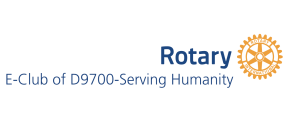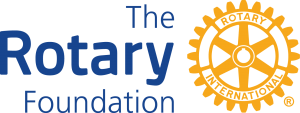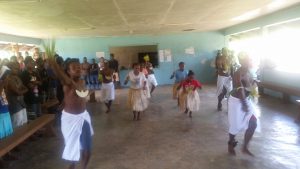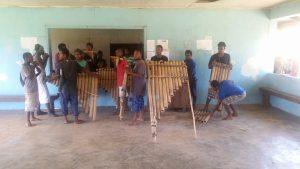Annual General Meeting
Thank you to those who attended the Rotary E-club of District 9700-Serving Humanity AGM last Tuesday 15th November. The Minutes will be posted in the members section soon. The new Club Constitution and Bylaws will be adopted at the next meeting as they require amendment. The meeting decided that the current executive would remain in office for one more year as we are new to the concept of an E-club and need to develop the potential of our Club. We also need to attract more members to be a viable Club.
It was resolved to hold our Board Meetings by GoToMeeting on the first Wednesday each month at 7.30pm ESDT, however the next one will have to be the second week in December as I will be away on the first Wednesday.
Those elected for the 2017-18 year are: President 2017-18 John Roberson Vice President To be elected next meeting President Elect 2018-19 To be elected next meeting President Nominee 2019-20 To be elected next meeting Secretary Debbie Schache Treasurer Marilyn Roberts Directors: Admin Cameron McKern Foundation Ruth Barber Membership Malcolm Dunnett Public Relations Marilyn Roberts International Service Sharon Daishe Youth & Australian Service Lauren Slater Other member committee positions are: Membership Donna Vaughan International Service Kate Bowyer Youth & Australian Service Jemma Hayward
The positions for President Elect and Nominee must be filled by the end of December as Rotary International require the names for those positions by then. Please consider your commitment and let me know if you can see your way to accepting one of them. Our Club needs them filled to remain viable.
Remaining positions to be elected at Meeting, to be held Wednesday 14th December at 7.30pm NSW/VIC time.
Rotary Foundation named World’s Outstanding Foundation for 2016
The Association of Fundraising Professionals has recognized The Rotary Foundation with its annual Award for Outstanding Foundation.
The award honors organizations that show philanthropic commitment and leadership through financial support, innovation, encouragement of others, and involvement in public affairs. Some of the boldest names in American giving — Kellogg, Komen, and MacArthur, among others —are past honorees.
“We are honored to receive this recognition from the AFP, which gives us even more reason to celebrate during our Foundation’s centennial year,” says Rotary Foundation Trustee Chair Kalyan Banerjee. “The continued strong support of Rotary members will help us keep our promise of a polio-free world for all children and enable the Foundation to carry out its mission of advancing world understanding, goodwill, and peace. We look forward to another 100 years of Rotary members taking action to make communities better around the world.”
The announcement came on 15 November, known to industry professionals since the 1980s as National Philanthropy Day. The award will be presented in early 2017 at the AFP’s annual conference in San Francisco.
Rotary Foundation Trustee Chair-elect Paul Netzel is set to accept the award on Rotary’s behalf, and Eric Schmelling, director of fund development at Rotary, will speak at the conference. The event is expected to draw more than 3,400 senior-level fundraising professionals from 33 countries.
“While almost everyone is familiar with Rotary, not everyone may realize just how much of an impact Rotary and The Rotary Foundation have had on countless people and communities across the globe,” says Jason Lee, AFP president and CEO. “On behalf of the entire charitable sector and people around the world, all of us at AFP are honored to be able to recognize The Rotary Foundation as our 2016 Outstanding Foundation.”
AFP’s committee of judges cited Rotary’s comprehensive campaign to eradicate polio as a major driver of the selection. They also mentioned that Rotary applies a methodical, purposeful approach to support a wide variety of causes, from providing clean water to educating the next generation of peace professionals.
Rotary News







